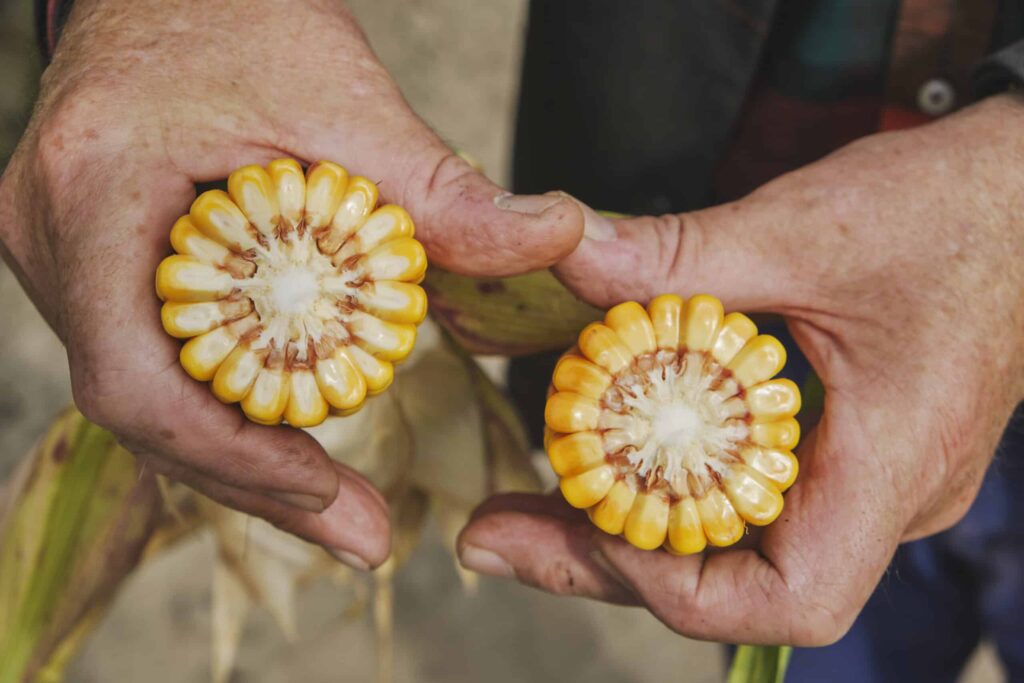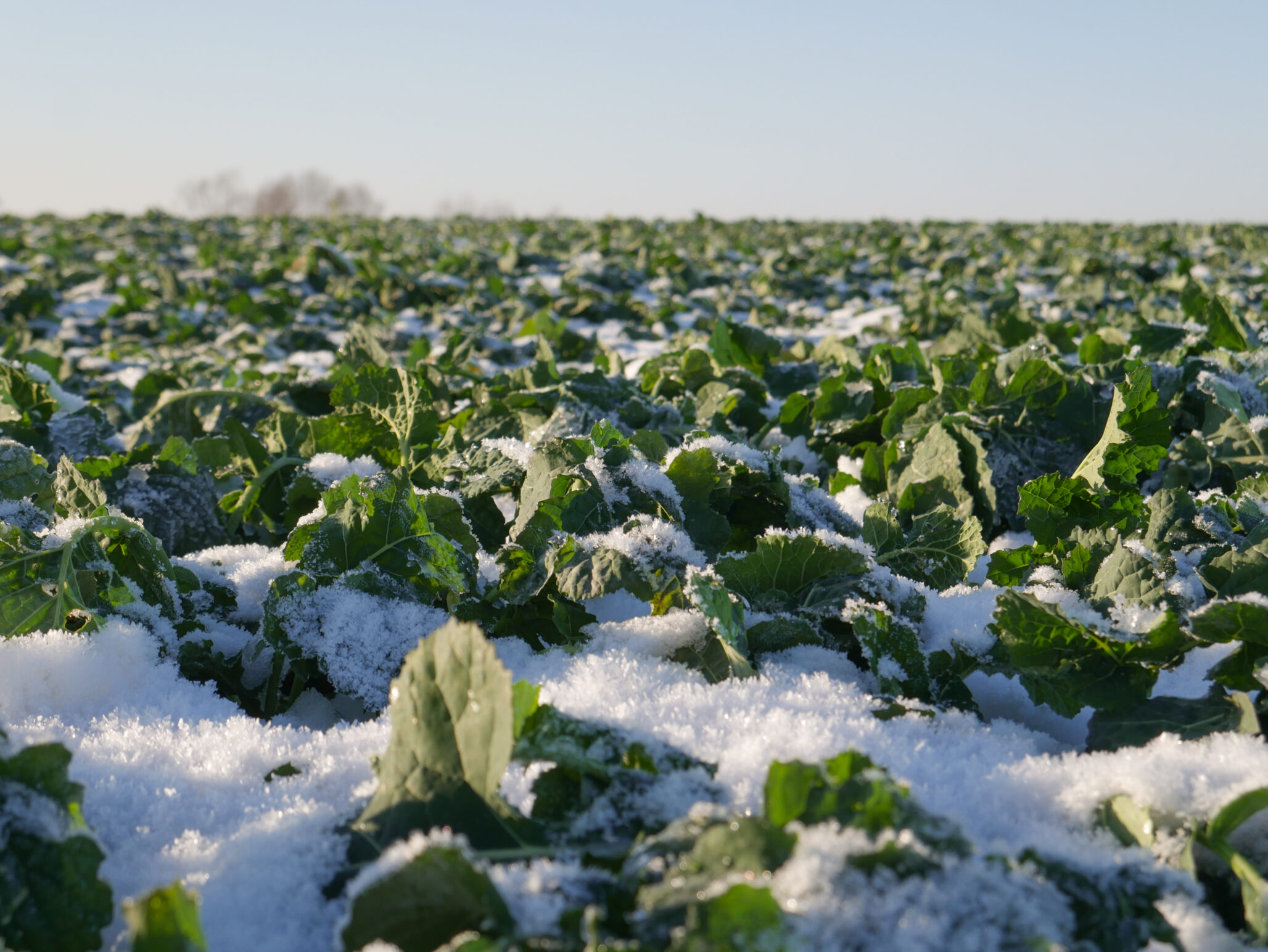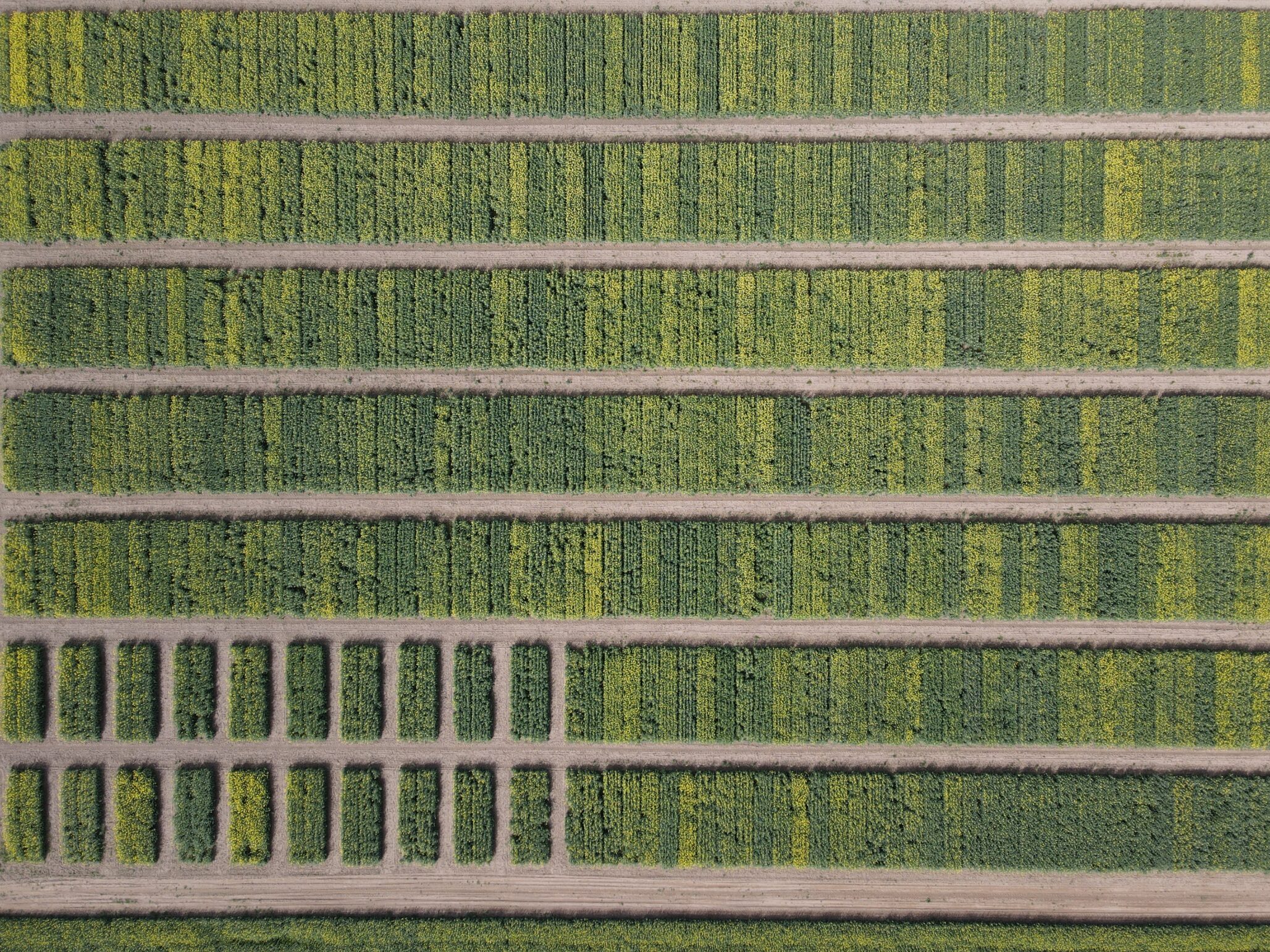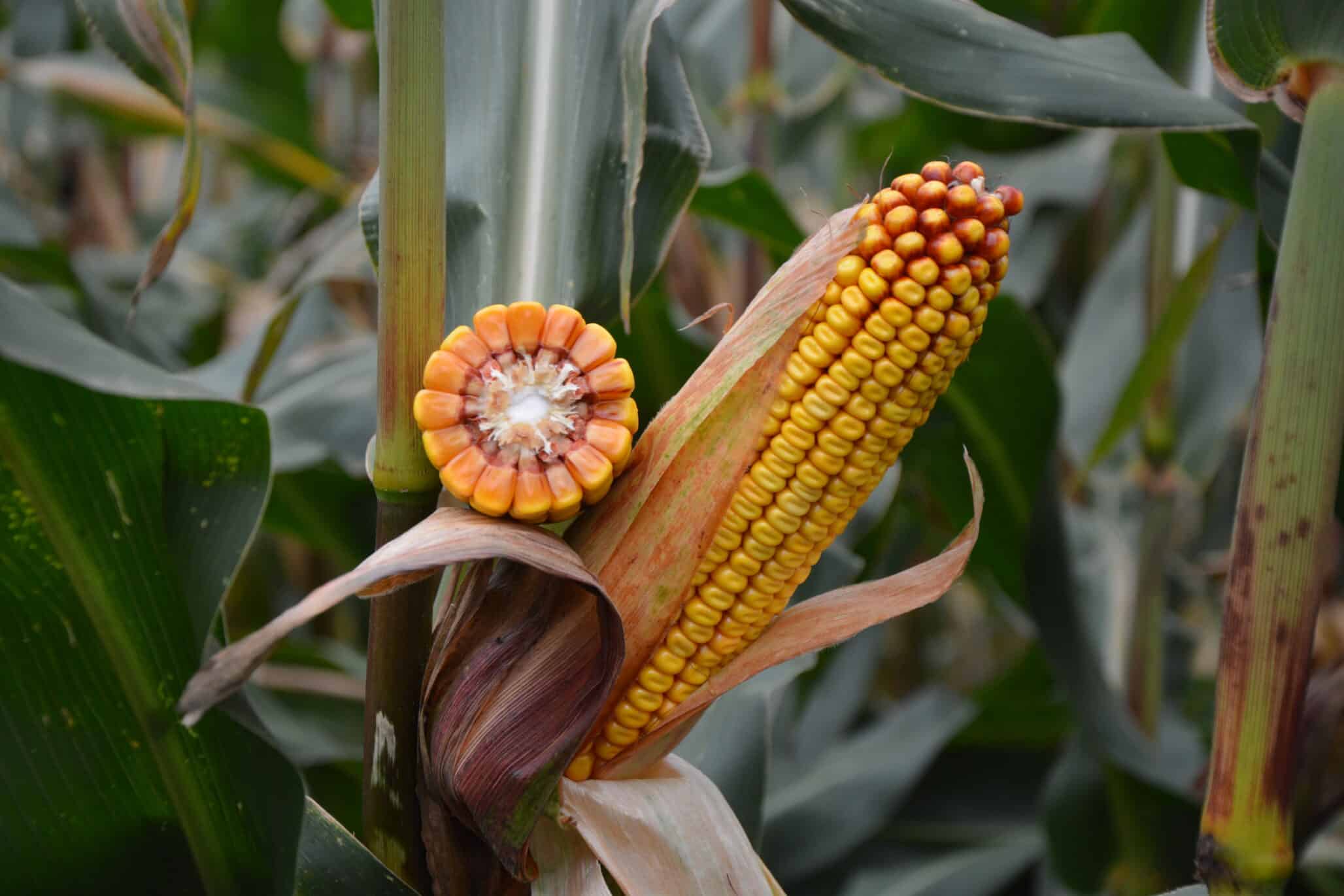You’ve probably heard it before, “maize is very water-intensive”! But is it really true?
As a so-called C4 plant, maize shows a better metabolism and water use efficiency in warmer and dryer conditions than C3 plants. The reason is that, during photosynthesis, four instead of three carbon atoms create a new compound. Therefore, compared to other crops, it takes 238l of water for fodder and 454l for grain maize to produce one kg. This water consumption is noticeably lower versus 590l for wheat, 900l for soya, or 1600l for rice (source: CNRS).
All this makes maize a real eco-champion!
Beyond this global observation, Lidea is moving forward on different fronts to improve water efficiency and meet agri-environmental challenges.
Firstly, through continuous genetic improvement, Lidea’s breeding programme is developing ever more water-efficient varieties. Thanks to this widely spread European programme with focus on Eastern markets, the outcome are hybrids adapted to different climates, particularly hot and dry. This is the case with our original and exclusive selection programme, the Tropical Dent®. These genetics perform well under normal conditions and allow farmers to benefit from varieties with great stability, especially in the heat and drought affected summer of 2022.
Furthermore, Lidea’s research teams mapped the different climates and created scenarios to identify the best performing hybrids in each of them. It permits now to generate “hydro profiles” to qualify the behaviour of each variety in excess, balance or deficit of water. With the latter, the CACTUS label was created, which groups varieties maintaining a level of performance in a limited water supply.
Finally, every day Lidea supports farmers in improving their yield performance. For example, it provides decision tools for the accurate sowing date and recommendations linked to the location and type of soil. This way, farmers optimise their maize cycle and secure the flowering period before the water stress period.
Through intensive research, in-depth studies of different climates, and common sense, Lidea helps farmers optimise water resources for corn production.









